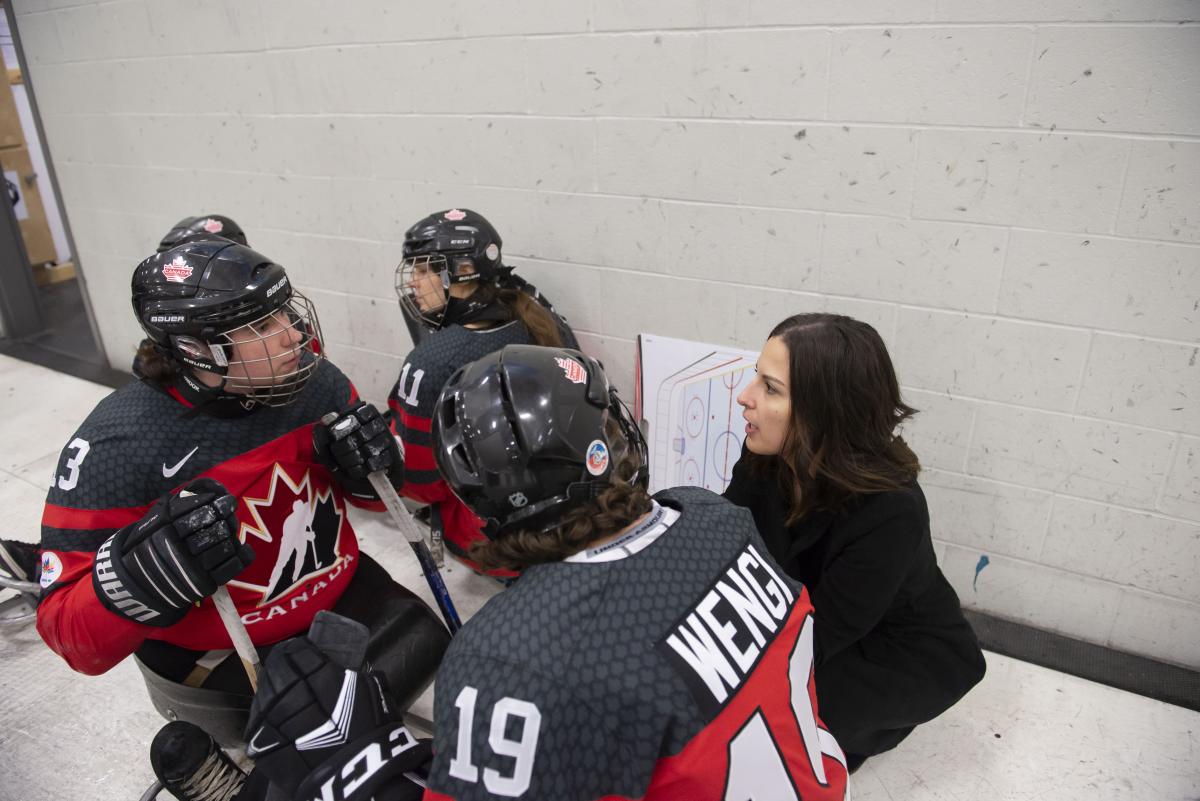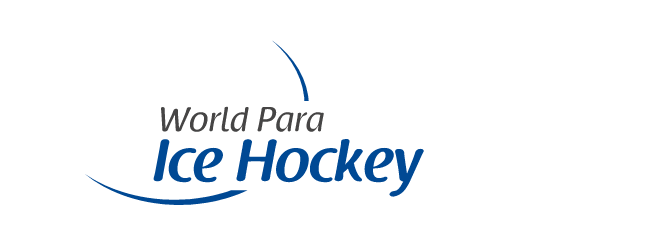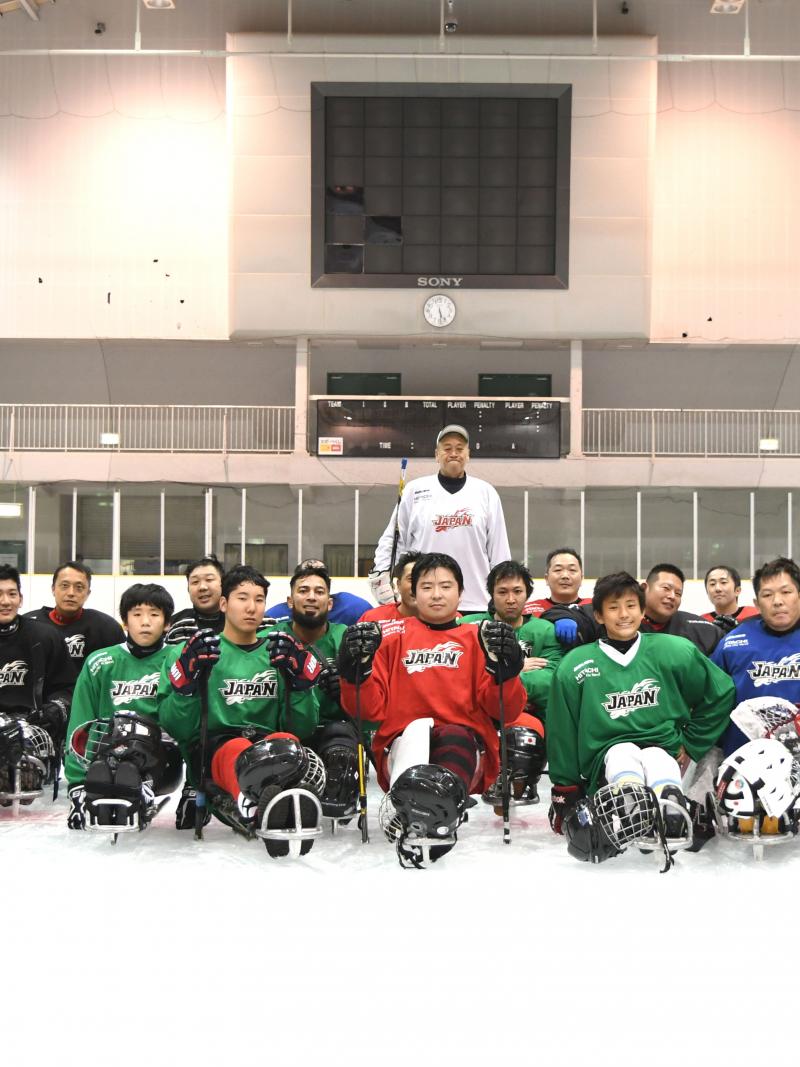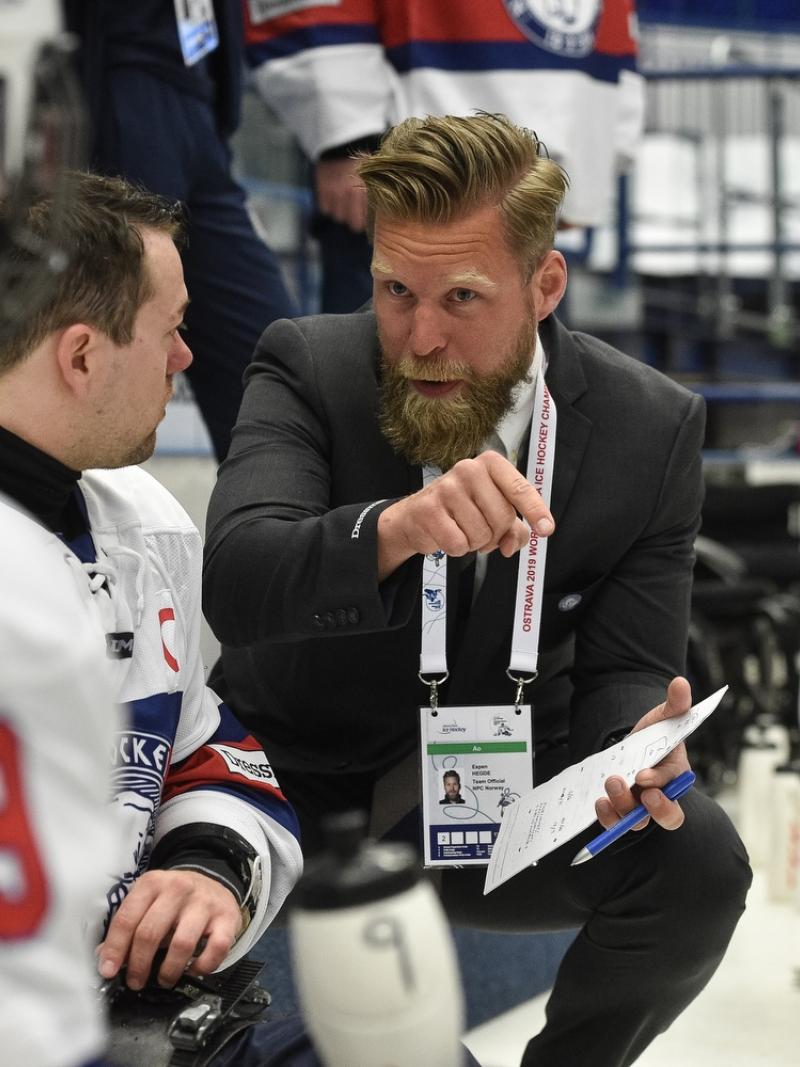Coach’s Corner: Tara Chisholm bringing change in women's Para ice hockey
Canadian women’s national team coach helping grow the game both in her country and around the world 21 Jul 2020
Almost seven years ago, Tara Chisholm was invited out to Elmira in Ontario, Canada to assist with the Canadian women’s Para ice hockey national team selection camp. Midway through the following season, she was asked to take over the head coaching duties, and the rest is history.
Ever since, Chisholm has been a strong and successful advocate for women’s Para ice hockey, helping grow the game both, in Canada and around the world in the hopes of one day adding it to the Paralympic Games programme.
Excerpts:
Being that women's Para ice hockey is still relatively new, what challenges do you face as the head coach in Canada?
As the head coach of Canada, I think the biggest challenge that my players, my staff and I all face is achieving the status of being a high-performance team with nothing more than a lot of hard working volunteers and a dedicated group of athletes. I grew up playing high-level able-bodied hockey where the resources that were available were much different than what is experienced in Para sport.
I've also had the pleasure of being coached by or coaching with some outstanding mentors within the game. Therefore, when it comes to the expectations that I bring to the programme, we are striving to be world-leading and nothing less than that will do. Admittingly, this can be difficult at times to achieve when we only have the resources to get together two to three times per season. It takes a lot of time and effort from everyone involved to keep each other accountable, but the culture we have built over the last few years has really shifted to push our goals forward.
What is your favourite moment or game thus far as Canada's head coach?
For me it does not boil down to a single favourite moment or game when I look at my time coaching Team Canada thus far. My favourite part is to see the growth of my current and retired athletes both as players and as people. From the time they did their first nervous lap at their initial selection camp to seeing them quarterback a special teams unit. Or, seeing an athlete who struggles mentally or physically find herself through sport and gain the confidence to be who she wants to be.
How do you find or recruit new players in Canada?
Women's Para Hockey of Canada/Parahockey Féminin du Canada continues to work on our female mentorship programme. We recruit our national team athletes and other female leaders within our sport to provide skill development sessions to grassroots girls and women.
Since we started the programme, we have on average 100 girls and women a year participating in our mentorship sessions and grassroot development programmes. Many of these programmes are tied in with the local Para ice hockey club so that after the mentorship session is done there is a natural pathway for that girl or woman to continue on with the sport.
What advice have you given your players during this COVID-19 pandemic to keep their spirits up and to keep their head in the game?
I have not so much given advice but rather tried to be that constant presence they know is available during this time. We have been fortunate to be able to do video conferencing workouts two to three times a week as a team since the pandemic started.
We also do stickhandling and shooting sessions every one to two weeks, in which I or my associate coach, [Paralympian] Derek Whitson, can give them feedback or drills to do. I have also brought in Team Canada prospects into some of these virtual sessions to start to get them used to the culture of our team. Ultimately, we are controlling what we can control and hoping for the best of what we cannot control.
How can women's Para ice hockey grow in both Canada and the rest of the world in the next few years?
I believe it is important for the women's game as a whole to continue to connect frequently and work together to build a unified path forward. We need volunteers to continue to step up across the world to help women's programmes be formed. It's a lot of work, but I can guarantee you that it is worth it. If you know a woman who is playing, ask her how you can help.
Another piece that I would like to see is more male Para ice hockey players stepping up to mentor and train with female players within the game. This starts right from local club teams all the way up to the national level. I know that in Canada we are fortunate to have female role models for players to look up to, but this is not the case in all countries. Anyone who has played hockey has had a coach or fellow player who took them under their wing or made them feel welcomed. It doesn't matter your gender, anyone has the power to make a difference in someone's playing career.
What do you predict will be the next big breakthrough in women's Para ice hockey?
First off, I am grateful for the strong leadership that World Para Ice Hockey has had and continues to have with growing and developing our game. It's not a secret that the International Paralympic Committee would like to see more female athletes represented in the Games along with more winter sports athletes. Therefore, I believe that countries will look at women's Para ice hockey as an excellent opportunity to fulfil these two goals.
I believe that Norway and Great Britain both have huge potential to grow the number of girls and women in their countries within the next year. In saying that, I also believe there are untapped pockets of potential scattered throughout Europe along with some Asian nations, such as Japan and China, that we will see pop up in the next two to three years. We are looking forward to not only playing against these countries, but also helping them to grow so that we can all reach the ultimate goal of being part of the Paralympic Games.

 Facebook
Facebook
 Instagram
Instagram
 Twitter
Twitter
 Youtube
Youtube



